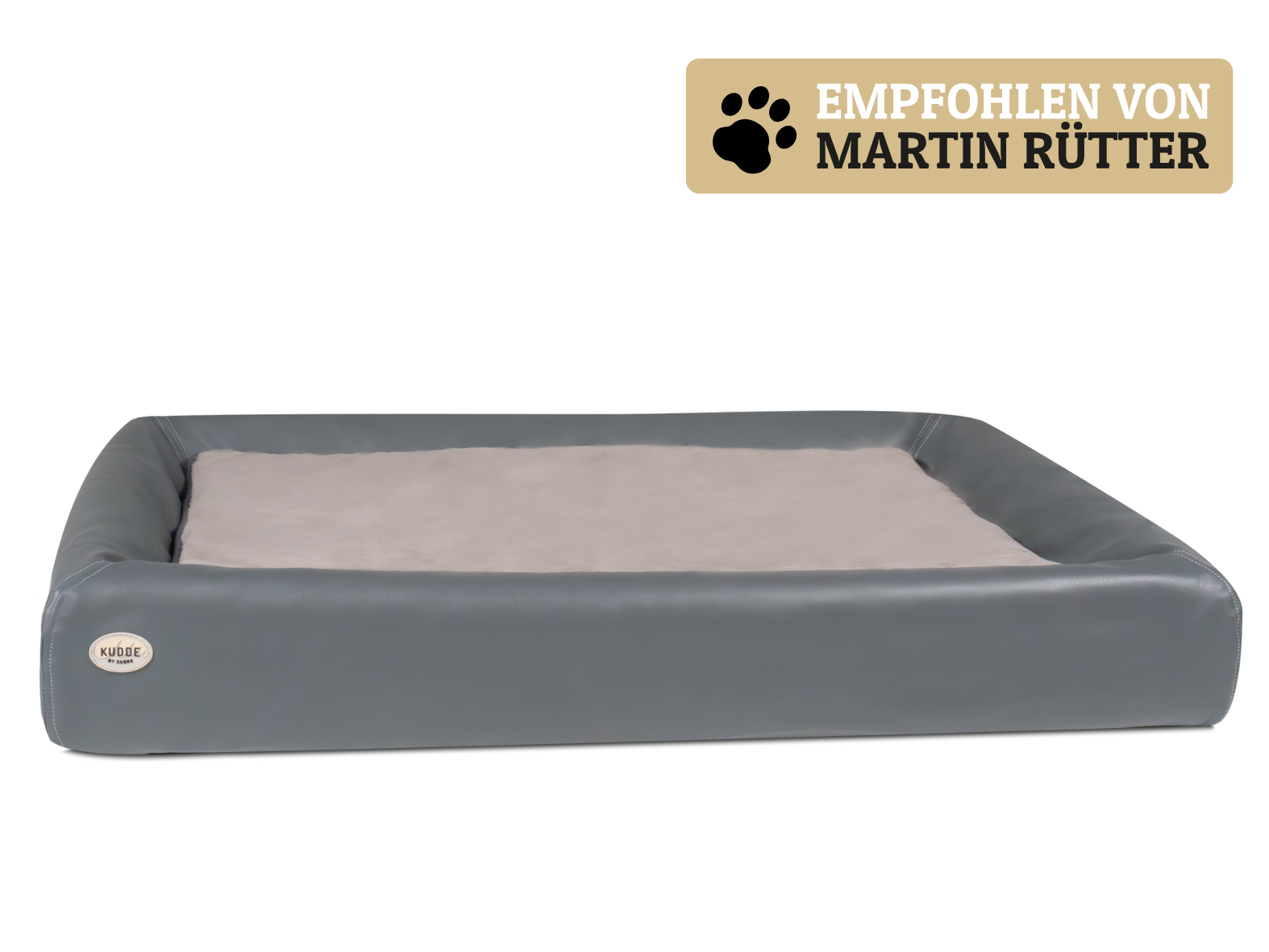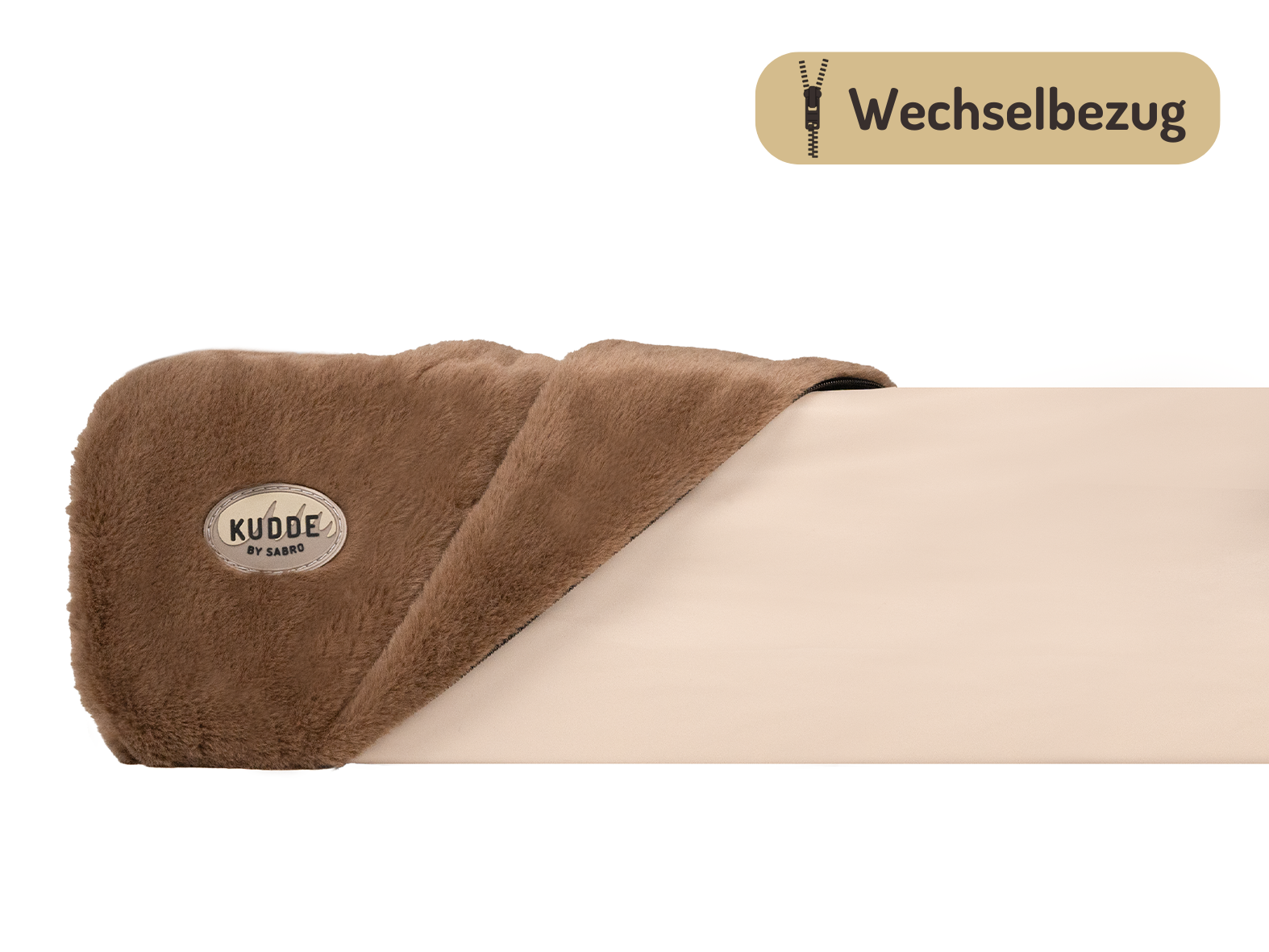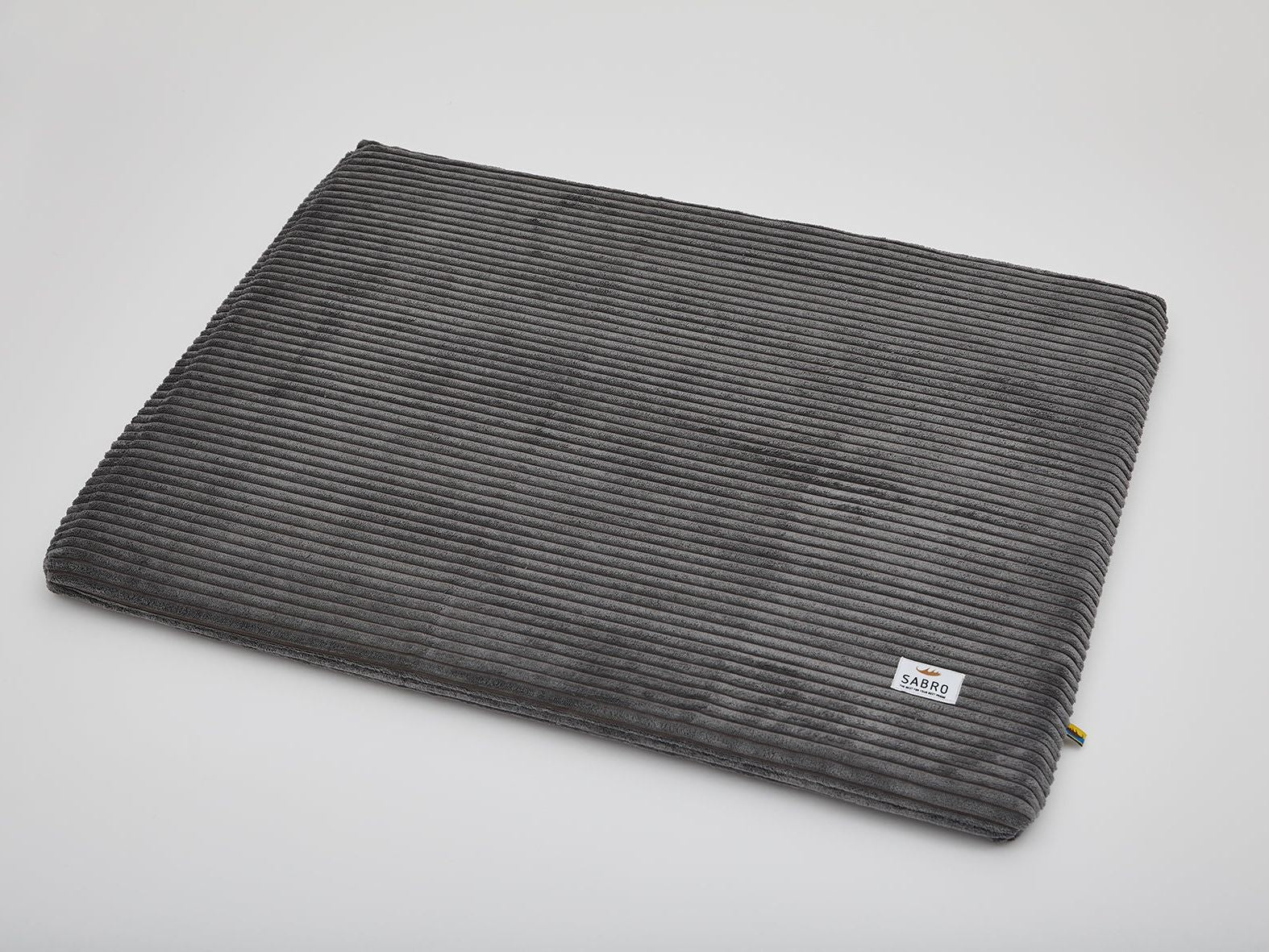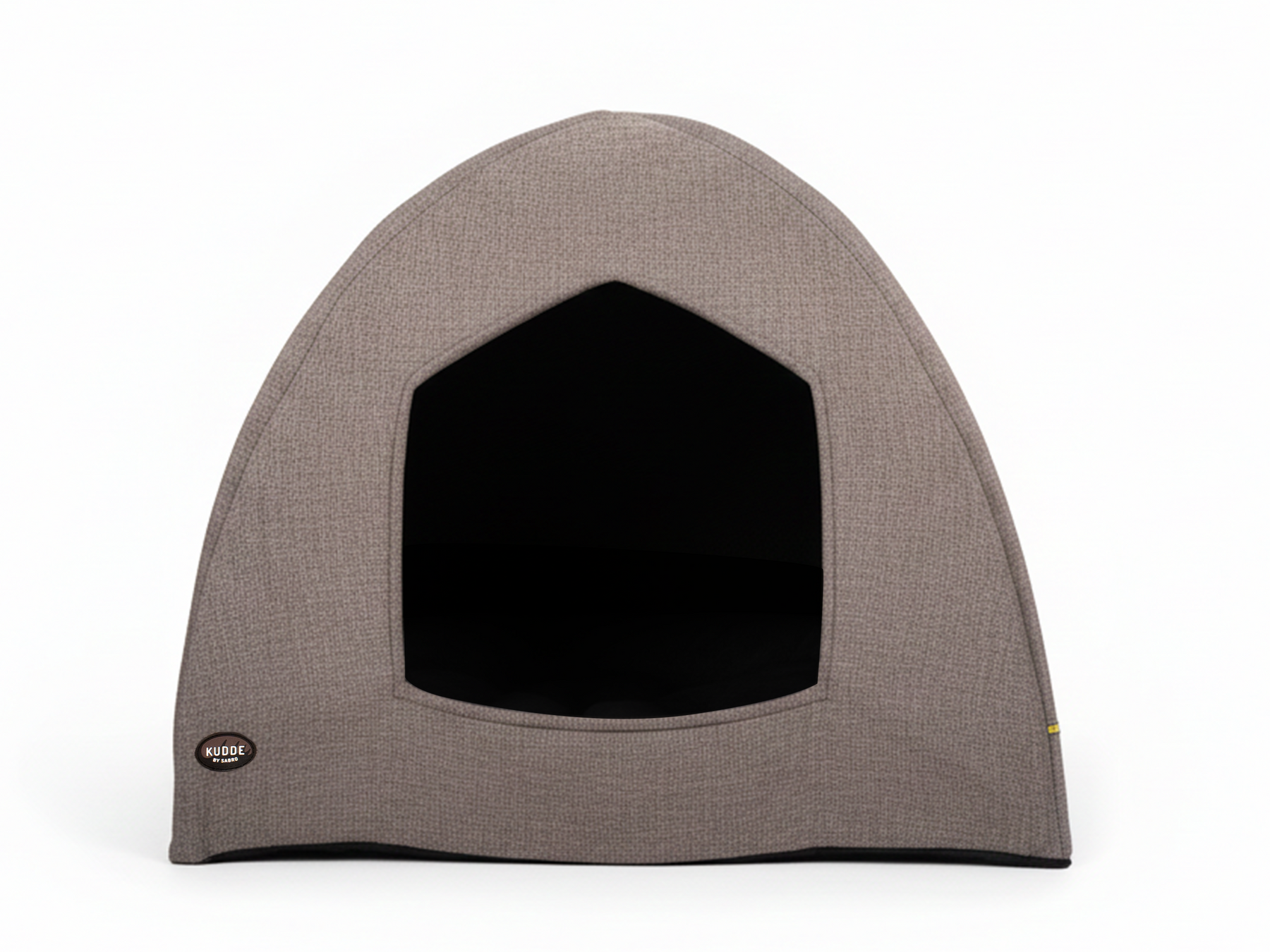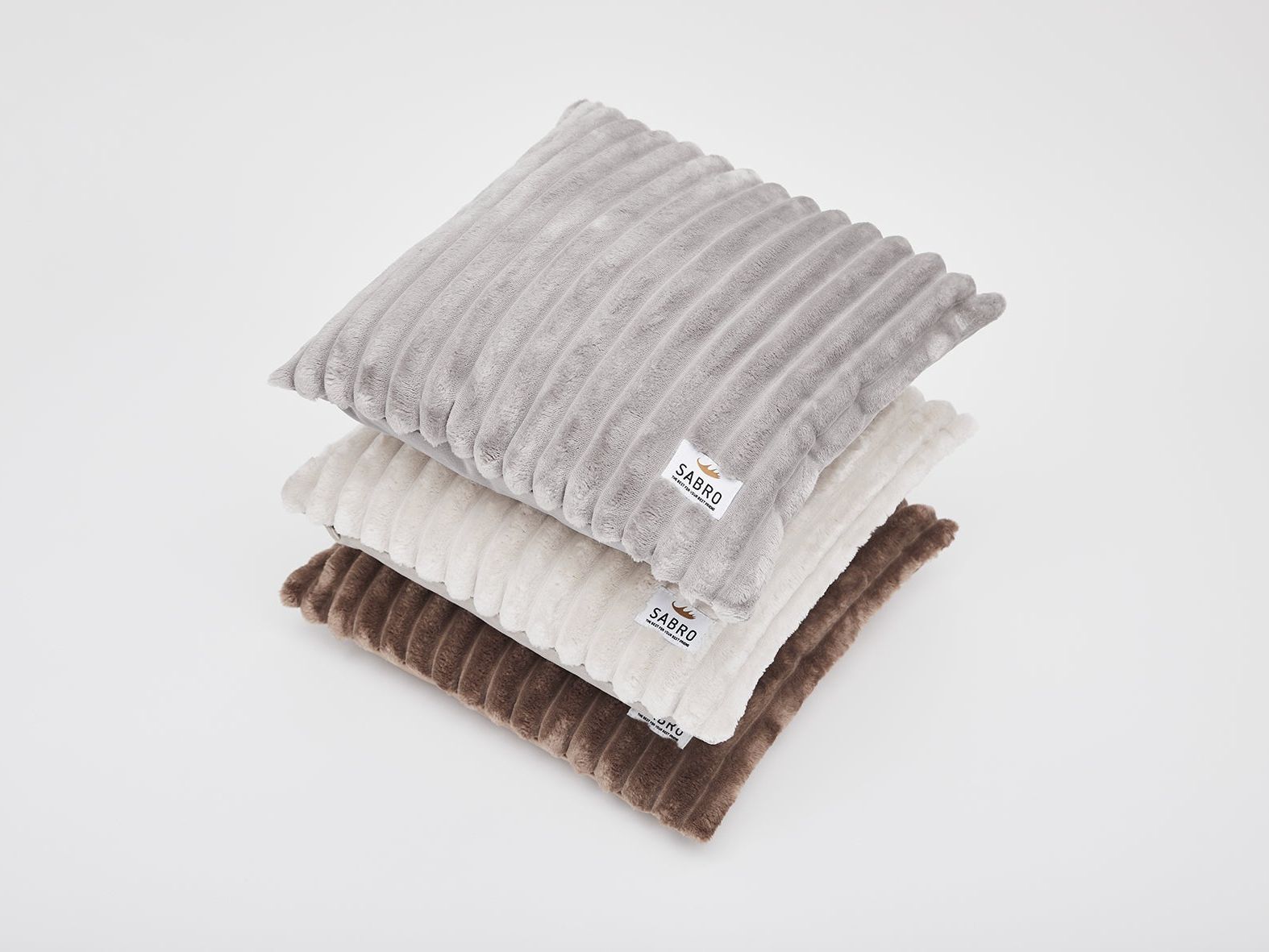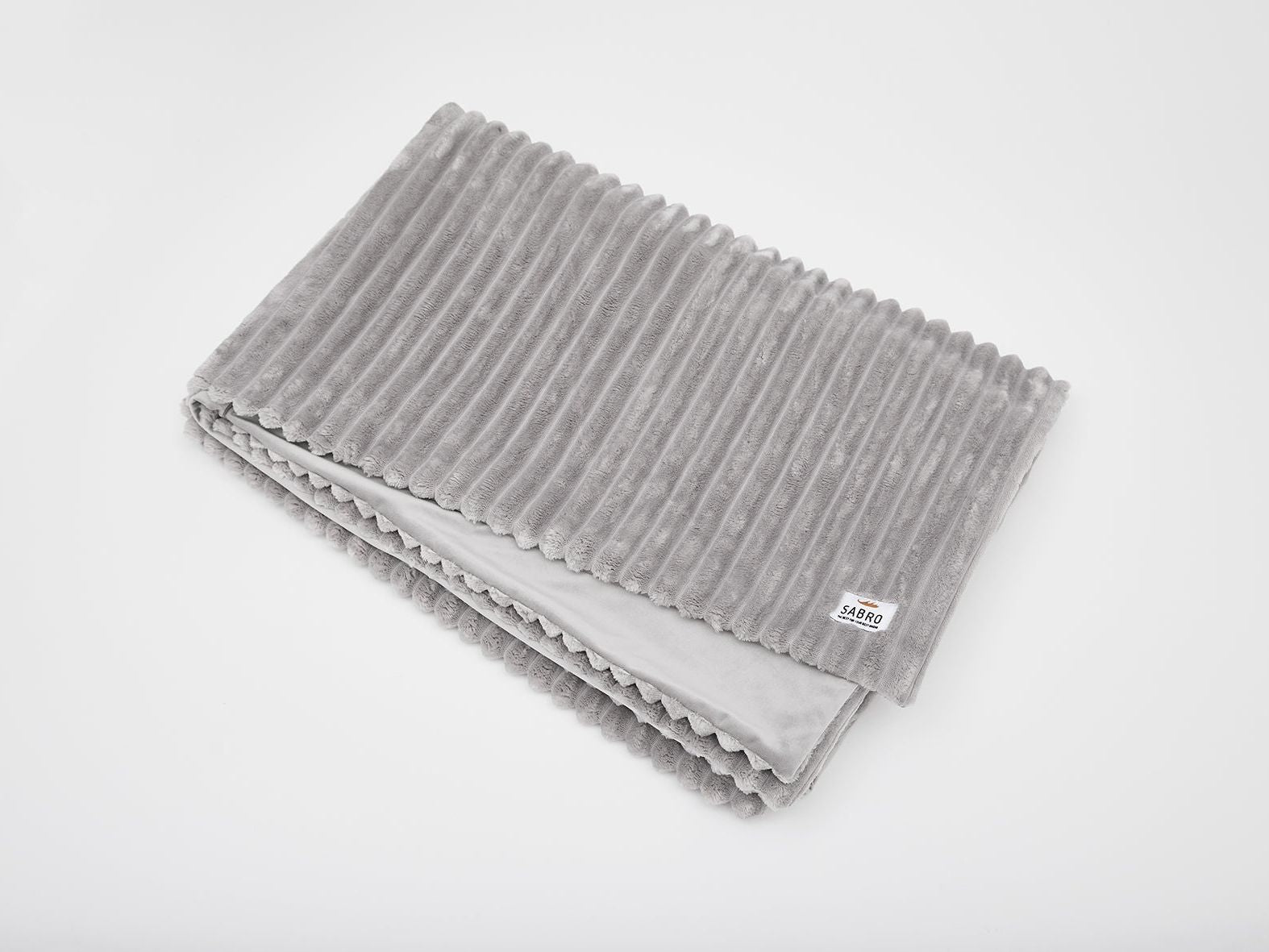Whether it's a change in gait or increased paw licking: We dog owners quickly notice when something is wrong with our four-legged friends' paws. If your dog's paws are sore, we have some helpful tips on how to find the cause of the wound quickly and treat it even faster. From foreign bodies to insect bites, we have listed the most common culprits - here you can also find out how best to prevent a sore dog paw.
If you cannot clearly identify the paw injury and treating the sore area does not seem to help, it is better to take your four-legged friend to the vet - a short visit to the vet is always a safe bet.
Something is wrong here! The first signs of a sore paw in your dog
If your dog is licking its paws more and more frequently, perhaps even nibbling on them, even at night, then these are clear signs that it is suffering from some form of paw injury. Such an injury to pads and claws often first manifests itself in itching: to satisfy this, your four-legged friend will now constantly lick his paw. But what are the causes of this itching? Answer: Many things are possible. Mites, yeast, swelling, allergies, but also stress and boredom can cause your four-legged friend to lick their paws in a pathological way. If you notice this in your pet, it is urgently advisable to look for the exact cause of the sore paw - as soon as you know what is bothering your dog, you can help him.
From foreign bodies to allergies: Possible causes of sore paws
If sore pads or an injury to the paw occur after a walk, the most common causes are foreign objects under the skin: splinters, burrs, shards, pebbles and other small objects can get into your dog's paw and cause a painful injury. Caution: Depending on the size and sharpness of the foreign object, the wound can be quite deep! So take a close look, because what initially looks like a small scratch can later go much deeper and may even need to be treated by a vet.
Such open wounds make it particularly easy for bacteria and viruses to enter your dog's paw afterwards. To prevent an infection on the paw pad, you should clean the paw thoroughly if there is a cut and bandage it. The SKO bandage boot for dogs provides the necessary protection against further injuries. In an emergency, have the paw injury treated by a vet.
In addition to foreign bodies and bacteria, sore dog paws can also be caused by allergies: Your dog may be particularly susceptible to certain substances in his environment and have an allergic reaction. Whether pollutants, parasites such as mites, grass or pollen, they could all be responsible for your pet's sore paw.
But it's not just outside that our dogs can injure their paws, because even floors that are too dry or too damp in the apartment or house can lead to paw injuries in our four-legged friends - the pads become cracked more quickly and become inflamed more easily. If your dog's paw pads or claws show wounds within your own four walls, it is worth considering getting rugs for your dog's sake. Especially if you have an older dog, rugs are advisable as they give them much better grip - similar to a dog slipper.
What is the best way to treat sore claws and dog paws?
Since a sore paw is a common problem for many dogs, it is important that you have the necessary skills to treat your dog yourself. Since the cause of a paw injury can have many causes, it is important that you take the time to find out what is causing the sore dog's paw in your case: As mentioned, this can be foreign bodies, insect bites or friction as well as inflammation of the ball.
If it is a foreign body such as a splinter or a piece of broken glass, you can carefully remove it with tweezers. In general, it is worth cleaning and disinfecting the paw thoroughly to prevent infection: it is best to use cold, clear water and a diluted disinfectant solution. After cleaning the paw injury, you should cover the wound on the pad with a compress, paw bandage or bandage.
If you are unsure or in an emergency, call your vet, as only a vet can determine which treatment is really best for your four-legged friend.
What you can do to prevent sore paws in your dog
Dogs spend a lot of time running around and playing outside. To spare your dog a painful experience, you can take a few simple precautions to keep their paws healthy. First, you should regularly check the paws for injuries or irritations: If you find anything that doesn't look normal, contact the vet.
Some dog owners apply cream to their dog's paws before going for a walk, because an ointment protects the paws when they come into contact with rough surfaces - however, it quickly loses its grip on the skin when it comes into contact with water. Our TOFFLER dog shoes, on the other hand, are the more long-term solution for preventing injuries to claws and paw pads.
And what if the dog's paws are constantly sore?
The reason for this is probably that your dog lacks a suitable surface. Smooth surfaces such as linoleum or cork or soft surfaces such as carpets are ideal. However, if the floor in your apartment or house is very hard with grooves and bumps, this can lead to sore paws for your four-legged friend.
Conclusion: These could be the reasons for your dog's sore paw
In addition to uneven floors and foreign objects, allergens such as pollen can also be responsible for a sore paw in your pet. As soon as you notice an injury, you should disinfect the area on your dog's paw and then protect it with a bandage. If a foreign body is stuck in the paw, carefully remove it with tweezers or, if necessary, have it professionally removed by a vet.
To keep your dog's pads and claws healthy, suitable dog shoes can be a long-term solution on walks.
In short: these are our tips for treating sore paws in dogs
- If friction caused by excessively dry or uneven floors is the cause of sore paws, it is best to relieve the pressure on your dog's paw pads with a carpet or our practical paw protector.
- If it is an inflammation or infection caused by open wounds, clean the wound with disinfectant solutions and apply a protective paw bandage. So that your four-legged friend
Tell us your tips & tricks for sore dog paws - what do you do when your dog is injured? We look forward to your comment!




